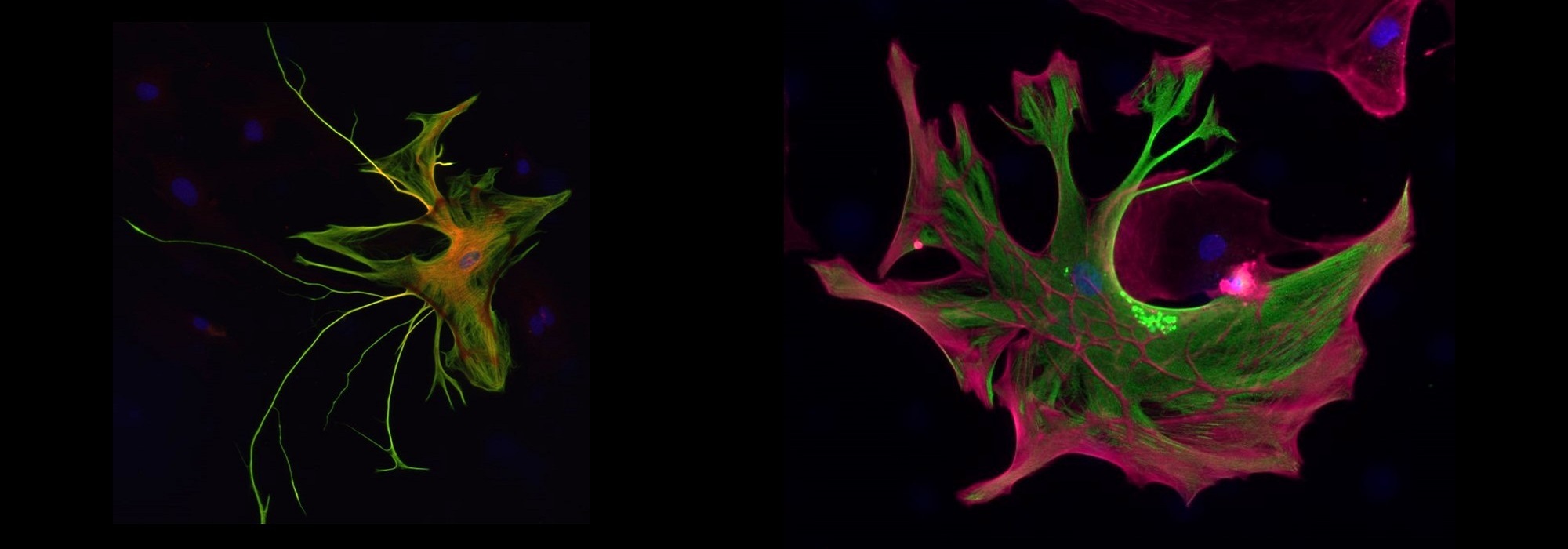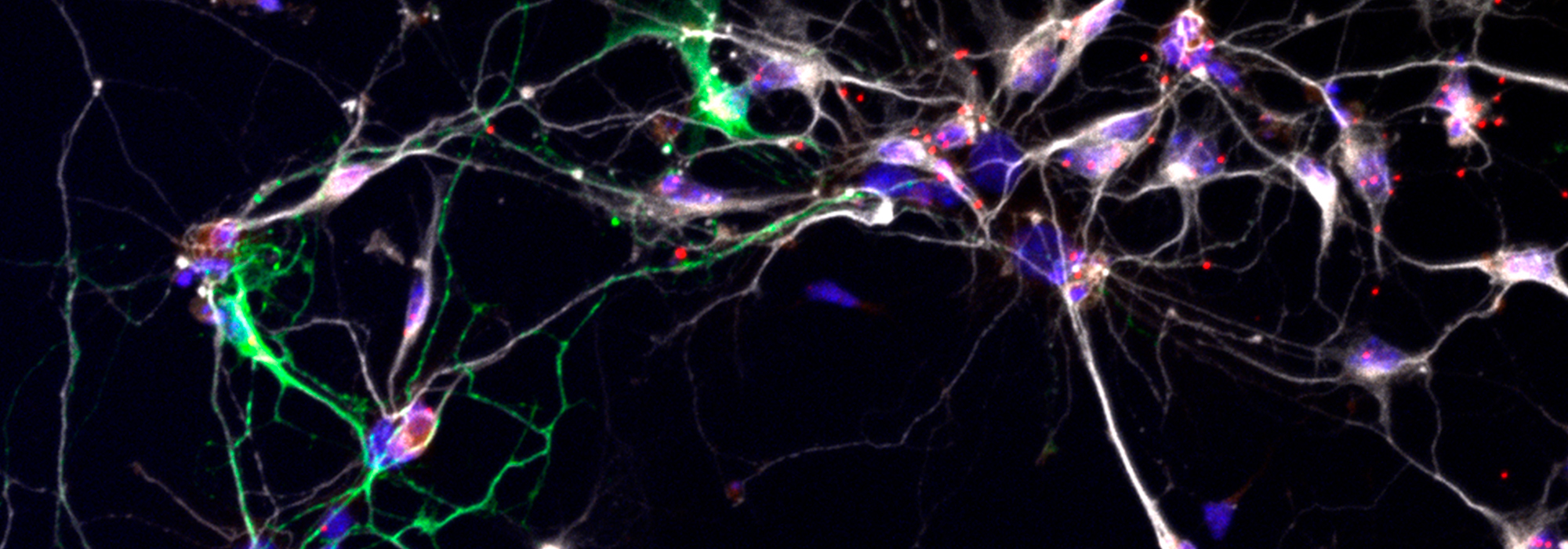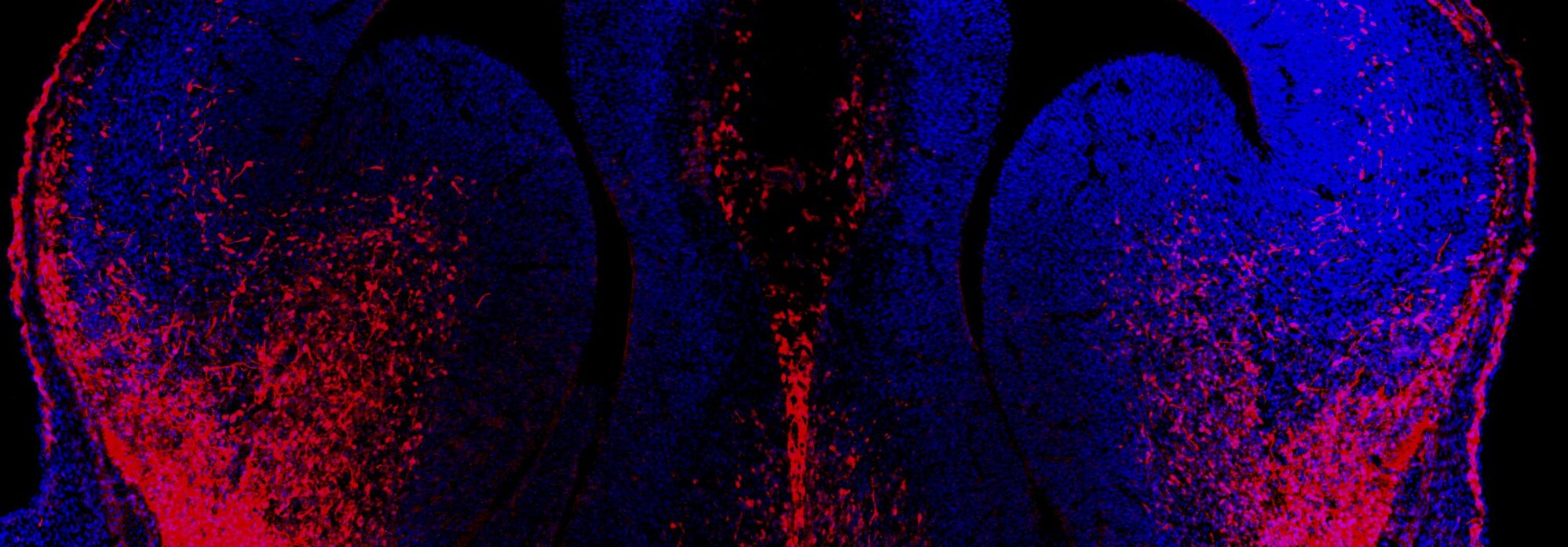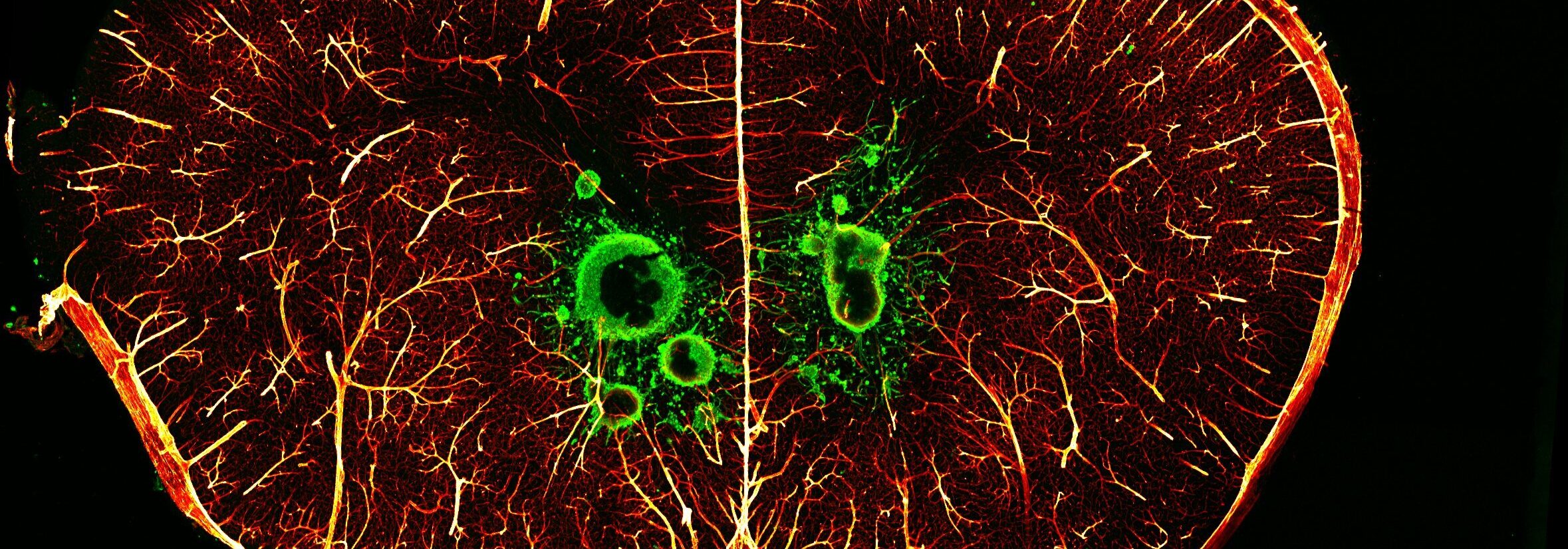UMCU Brain Center Research day
The annual UMCU Brain Center Research was as lively as ever! Last Friday, fundamental and clinical researchers from several departments of the Utrecht Brain Center gathered to discuss developments of the last year and exciting plans for the future.
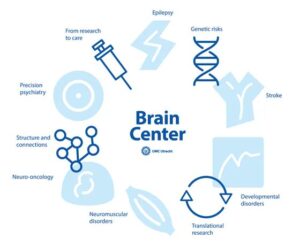
Science communication was the focus of this year. Presentations from Arun Sharma and Daylon James, who together organise the Stem Cell Podcast, highlighted the current state of science communication. Jan Willem Gorter discussed best practices in patient engagement. Talks on brain organoids, deep machine learning, chemogenetics and more was capped by the keynote speech by Jurgen Knoblich, one of the leading brain researchers in the world. 2-min PhD student Blitz presentations were breathtaking! Congrats to Mark Bakker, Nick Weaver and Marion Sommers-Spijkerman for the awards!
“A great day for science communication today at UMCU Brain Center Research Day 2021. Had the opportunity to jointly present with the wonderful Fenne Smits, & discuss how we approach stress management and prevention of anxiety from a fundamental & clinical perpective” Danai Riga , Translational Neuroscience Department
And special thanks to the organizers Evelien Schut, Natalia Smith Cortinez and Manon Dontje 👏 🎊
